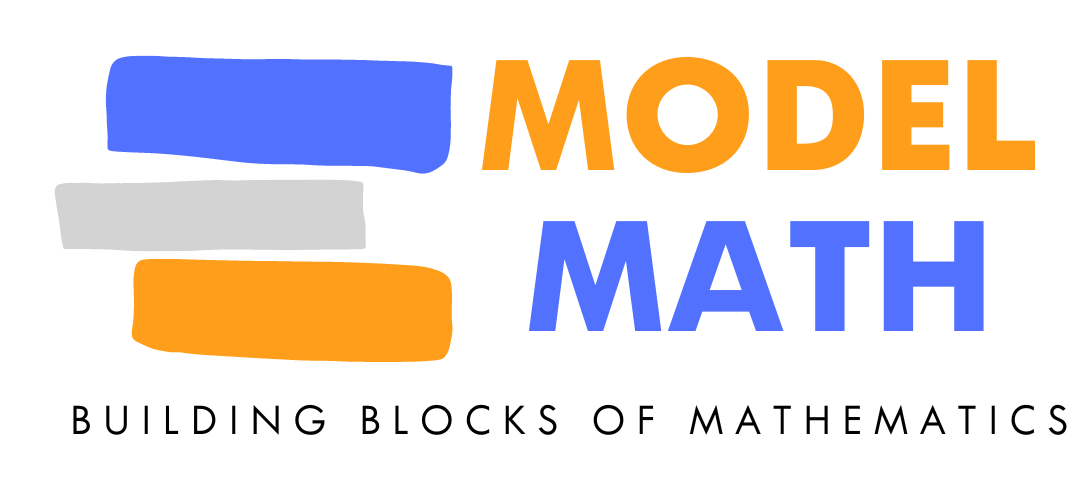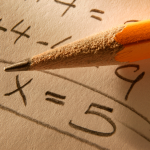When it comes to doing maths tests, or any tests for that matter, having a good memory certainly helps. Here are 10 strategies to improve memory that are research-proven. You can use them to help improve your memory and store information in your long-term memory.
Improve memory with focus
Attention is one of the major parts of memory so focussing can help improve memory and move information from your short-term memory into your long-term memory. This is why it is important to study for short times alone in a place without distractions such as music and TV.
Organise
Information is organised in related clusters in our memory. So it makes sense to organise what you are studying by concepts that relate to one another.
Study regularly
Regular study helps to improve memory. Students who study regularly and add to their knowledge in increments remember what they studied far better than those who crammed at the last minute in a marathon study session.
Visualise
Turn the information you want to remember into something more visual like images, flashcards or mind maps, or highlight what you want to remember in a different colour.
Remember by association
Associating a new fact you want to remember with something familiar you already know is known as mnemonics. This helps to improve memory too. Use mnemonic devices such as imagery, rhymes, songs, or jokes to help remember a specific segment of information.
Elaborate and repeat
You need to encode information to bring it into your long-term memory. You do this with a technique called elaborative rehearsal, where you read a term, study its definition, read a more detailed description of it then repeat the process a few times.
Read out loud
Reading out loud helps you remember the information read, as does teaching it to someone else. So when you help a friend with their homework, you are helping to retain the information and improve memory for yourself too.
Pay extra attention
It’s easier to recall the last thing we read but harder to do so for what came earlier. By being conscious of this, you can train yourself to spend extra time on information sequentially earlier in the lesson. The best way to do this is to try to restructure what you have just learned.
Sleep
It has long been known that getting enough sleep is important to help us learn and retain information in our memory. In fact, taking a nap after you learn something new can actually help you learn faster and remember better. The opposite is true if you are sleep deprived.




